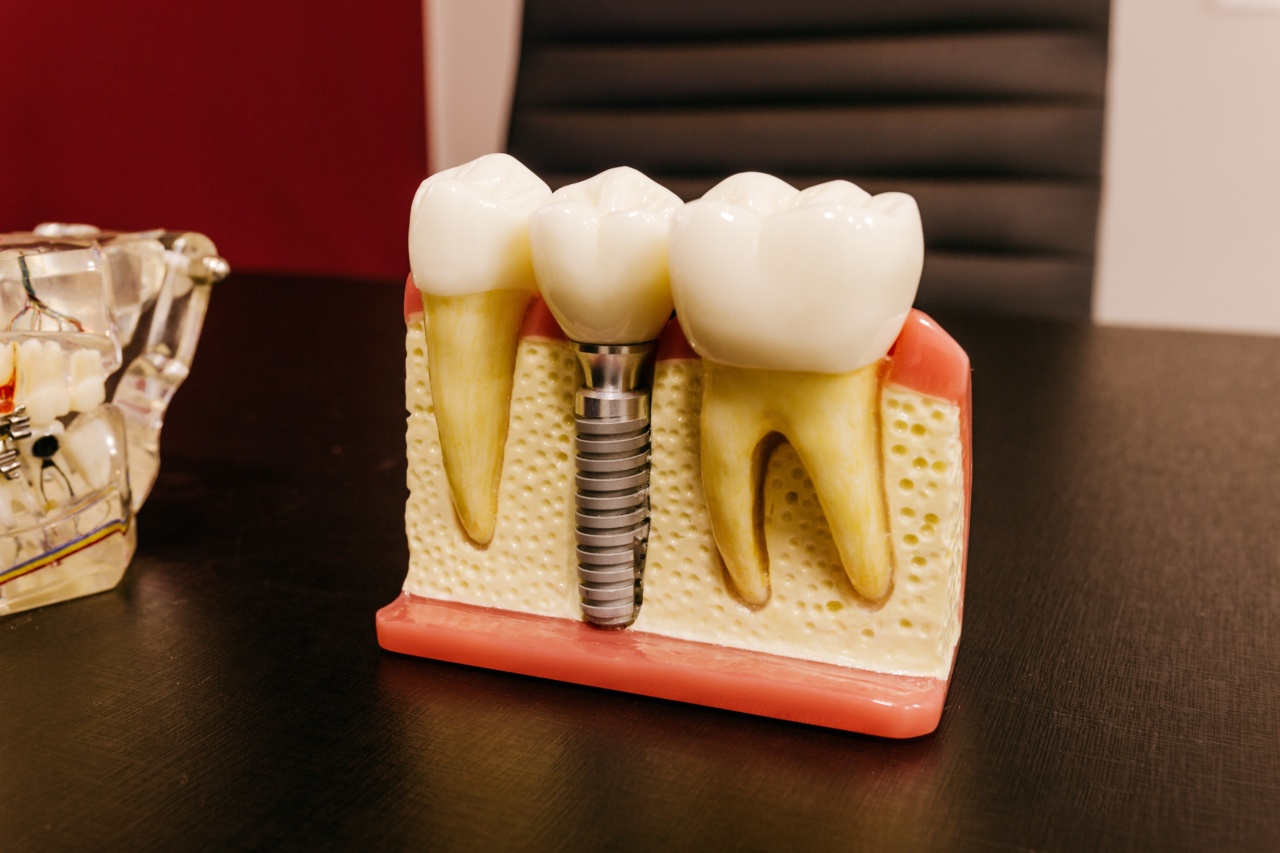In a groundbreaking medical development, Evangelism Hospital has successfully performed a historic, non-invasive pacemaker implantation procedure.
This significant achievement marks a major advancement in the field of cardiology and offers hope to countless patients with heart conditions who require pacemakers to regulate their heartbeat.
The Importance of Pacemakers in Cardiology
Pacemakers are small devices that help regulate abnormal heart rhythms by sending electrical pulses to the heart muscle.
They are critically important in cardiology, as they can significantly improve a patient’s quality of life and reduce the risk of life-threatening conditions associated with irregular heartbeats.
Traditional Pacemaker Implantation and Its Challenges
Until now, pacemakers were typically implanted through a surgical procedure that involved making incisions and creating a pocket under the skin to accommodate the device.
While this approach has proven to be effective, it is not without its challenges and potential complications.
Surgical pacemaker implantation requires a longer recovery time, increases the risk of infection, and may leave visible scars.
Additionally, the procedure involves the use of anesthesia and can be more invasive, especially for those with underlying health conditions.
The Non-Invasive Pacemaker Implantation Breakthrough
The non-invasive pacemaker implantation procedure performed at Evangelism Hospital represents a significant breakthrough in the field of cardiology.
This innovative technique eliminates the need for surgery, offering several advantages over the traditional approach.
By leveraging advanced imaging technology and cardiac catheterization techniques, cardiologists at Evangelism Hospital can now implant pacemakers without making any incisions.
Instead, a thin, flexible tube called a catheter is guided through a blood vessel and into the heart. The pacemaker is then precisely positioned and attached to the heart’s electrical pathways.
The Benefits of Non-Invasive Pacemaker Implantation
This groundbreaking procedure offers numerous benefits for patients requiring pacemakers:.
1. Minimally Invasive:
The non-invasive technique eliminates the need for incisions, resulting in smaller wounds and reduced risk of infection. Patients experience shorter recovery times and can usually resume their regular activities sooner.
2. Reduced Scarring:
Without surgical incisions, there is no visible scarring, allowing patients to feel more confident and comfortable in their appearance.
3. Less Anesthesia:
Non-invasive pacemaker implantation significantly reduces the use of anesthesia, thereby minimizing potential risks associated with its administration.
4. Greater Accessibility:
The less invasive nature of the procedure means that it can be performed on a wider range of patients, including those who may not be suitable candidates for traditional pacemaker implantation.
5. Quicker Procedure:
The non-invasive technique often requires less time in the operating room, reducing overall procedure time and associated costs.
Patient Success Stories
The non-invasive pacemaker implantation technique has already yielded remarkable success stories at Evangelism Hospital. Patients who have undergone the procedure report significant improvements in their quality of life and overall cardiac function.
Robert Johnson, a 62-year-old retiree, had been living with a heart condition for several years. Traditional pacemaker implantation was not a viable option due to his fragile health.
However, thanks to the non-invasive technique offered at Evangelism Hospital, Robert received his pacemaker without the need for surgery. Today, he enjoys a more active lifestyle and is grateful for the cutting-edge treatment he received.
Another patient, Sarah Thompson, a 48-year-old mother of three, had been apprehensive about undergoing surgery for her pacemaker implantation. When she learned about the non-invasive procedure at Evangelism Hospital, she immediately opted for it.
Sarah was thrilled with the results, experiencing a shorter recovery time and no visible scarring.
The Future of Cardiology: Non-Invasive Innovations
The success of non-invasive pacemaker implantation at Evangelism Hospital signals a promising future for cardiology.
With this breakthrough technique, cardiologists can deliver effective treatment options to a broader range of patients, improving their quality of life and overall health outcomes.
This innovation also opens doors for further advancements in non-invasive procedures for other cardiac conditions.
Researchers and medical professionals are already exploring the potential applications of non-invasive techniques in treating atrial fibrillation, heart valve disorders, and more.
Conclusion
The historic non-invasive pacemaker implantation performed at Evangelism Hospital represents a significant milestone in the field of cardiology.
This groundbreaking procedure offers patients numerous benefits, including reduced scarring, shorter recovery times, and increased accessibility. As the field of non-invasive cardiology continues to advance, more patients will have access to cutting-edge treatments, improving their overall cardiac health.































